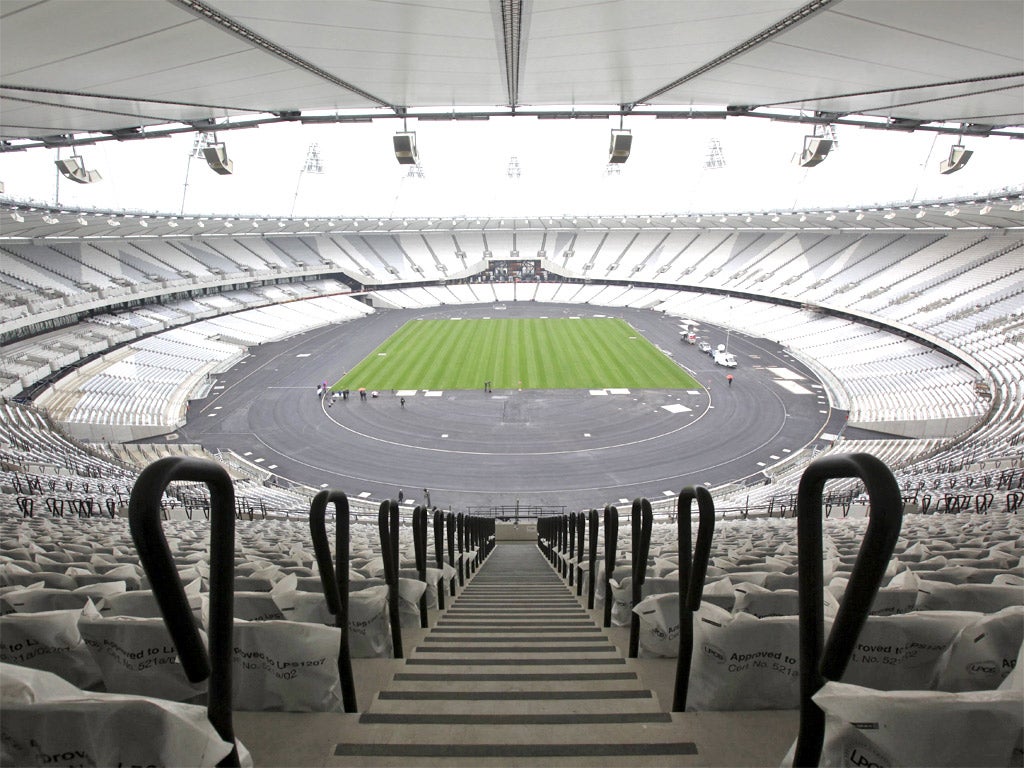Missiles 'could be used to protect Olympics'

Surface-to-air missiles could be used to protect the skies over London during the Olympics, Defence Secretary Philip Hammond said today.
He insisted that "all necessary measures" will be taken to ensure security.
Mr Hammond told the Commons "appropriate ground to air defences" could be in place if that was recommended by the military.
The statement came as Metropolitan Police Assistant Commissioner Chris Allison, the officer in charge of policing at the London 2012 Games, said he "did not recognise" suggestions the US is to send 1,000 agents, including 500 FBI, because security will be inadequate.
Former defence secretary Liam Fox, who raised the issue of Olympics security with his successor, noted that surface-to-air missiles had been used at Olympic Games since Atlanta in 1996.
He said: "Since the Atlanta Games there has been an internationally accepted minimal level of protection for the Olympics."
He asked Mr Hammond to confirm "there will be a full level of multi-layered defence and deterrence for the London Games, including ground-to-air based missiles in London".
Mr Allison, the national Olympic security co-ordinator, also denied that top-level security talks are suffering from friction and diplomatic meddling from the US.
"I feel great support from the Americans," he told BBC News 24.
He said: "The Games will be delivered by the British police service working with the event organisers Locog (the London 2012 organisers).
"We will have some support from other colleagues up and down the country but it is the British police who will be doing it."
The US is preparing to send up to 1,000 of its own agents, including 500 from the FBI, to look after America's athletes, officials and diplomats at the event, according to a Guardian newspaper report.
US officials have raised "repeated concerns" about security, it was claimed.
One area which is said have caused alarm is the restrictions to the scope of anti-terrorism stop-and-search powers.
Mr Allison said: "We will be working closely with them (the London 2012 organisers) and with government to ensure we have got the right people to deliver the Games.
"There will be a small number of liaison officers whose job will be quite properly to act as a conduit with the police service here and the foreign teams.
"We will be working with all the countries who may be bringing such teams.
"The focus is on the Games and what it should be - safe and secure.
"I am satisfied that it will be."
Approximately 12,000 officers will be needed nationally to police the event, according to Mr Allison. Another 10,000 to 15,000 security officials could also be deployed by firm G4S across the 32 nationwide sites that will be used during the Games. Reports suggest that a detailed planning review could see this number move closer to 21,000.
It is part of a multi-layered security operation to create confidence that all 2012 venues, from the Olympic Stadium, athletes' village and Weymouth sailing venue, are safe in the face of possible threat.
The Olympic safety and security budget, set in 2007, remains at £600 million but officials feel that continued savings could see £475 million of that being used.
Risks from terrorism, protest groups or natural disasters are all part of the detailed safety planning for the Games where the level of security threat is set to be at severe.
The Home Office has insisted that the International Olympic Committee has "full confidence" in the security plan for the Games.
London 2012 said the venues and competition schedule needed to be completed before they could finalise security plans.
A spokesman said: "Since winning the bid, a huge amount of collaborative work has been completed.
"We finalised the competition schedule, with 650 sporting sessions over 18 days, built and selected over 100 competition and non-competition venues, and designed the transport and accommodation plans.
"This all needed to be in place before the detailed security plans could be confirmed.
"Over the last year Locog has been working in close collaboration with government and the security agencies, whose role it is to determine all risk and mitigation aspects of security for the Games."
PA
Join our commenting forum
Join thought-provoking conversations, follow other Independent readers and see their replies
Comments
Bookmark popover
Removed from bookmarks